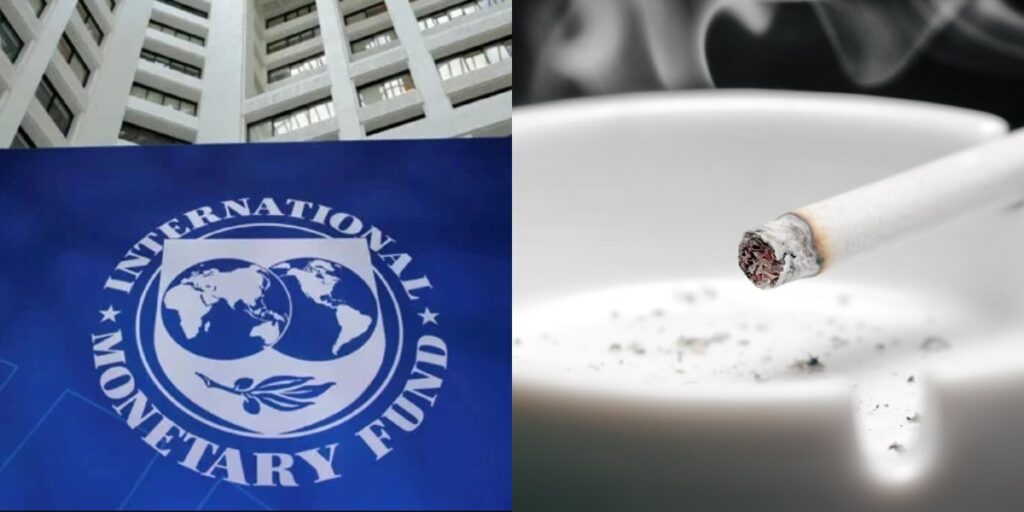- AFP
- 11 Hours ago

IMF urges Pakistan to tax non-essential items including cigarettes
-

- Hum News
- Apr 15, 2024

ISLAMABD: International Monetary Fund (IMF) has urged Pakistan to revamp its tax system, through taxation of non-essential items such as cigarettes to enhance revenue streams.
Praise has been garnered from health advocates for the IMF’s recommendations regarding the taxation of non-essential items, particularly cigarettes, as suggested by the global financial institution.
Professer Muhammad Zaman, Head of the Zaman Research Center at Quaid-i-Azam University (QAU), emphasized the critical importance of implementing the IMF’s suggestions amidst Pakistan’s economic challenges.
Referring to a comprehensive study by the Islamabad-based think tank, Capital Calling, Prof. Zaman highlighted that increased cigarette prices have resulted in decreased consumption, showcasing the potential impact of taxation on public health.
He stressed the necessity of considering the societal costs of smoking-related morbidity and mortality, irrespective of the brand of cigarettes.
Prof. Zaman further pointed out significant flaws within Pakistan’s tax system, particularly in the cigarette industry, which have led to substantial revenue losses over the past seven years, as revealed by the Sustainable Development Policy Institute (SDPI).
The study exposed the undue influence of multinational cigarette corporations on policymakers, notably evidenced by the introduction of a three-tier excise duty structure in 2017, prioritizing revenue collection over public health concerns. However, subsequent analysis revealed the ineffectiveness of this approach in revenue generation.
The SDPI research underscored global best practices, illustrating how high cigarette taxes in high and middle-income countries have successfully reduced consumption while boosting government revenues.
Despite this, Pakistan lacks a coherent strategy in utilizing cigarette taxation and pricing as a public health tool.
Echoing sentiments from the World Health Organization (WHO), Dr. Hassan Shehzad from the International Islamic University Islamabad (IIUI) emphasized the importance of safeguarding tobacco tax policies from the vested interests of cigarette companies to ensure effective development, implementation, and enforcement of public health initiatives.





